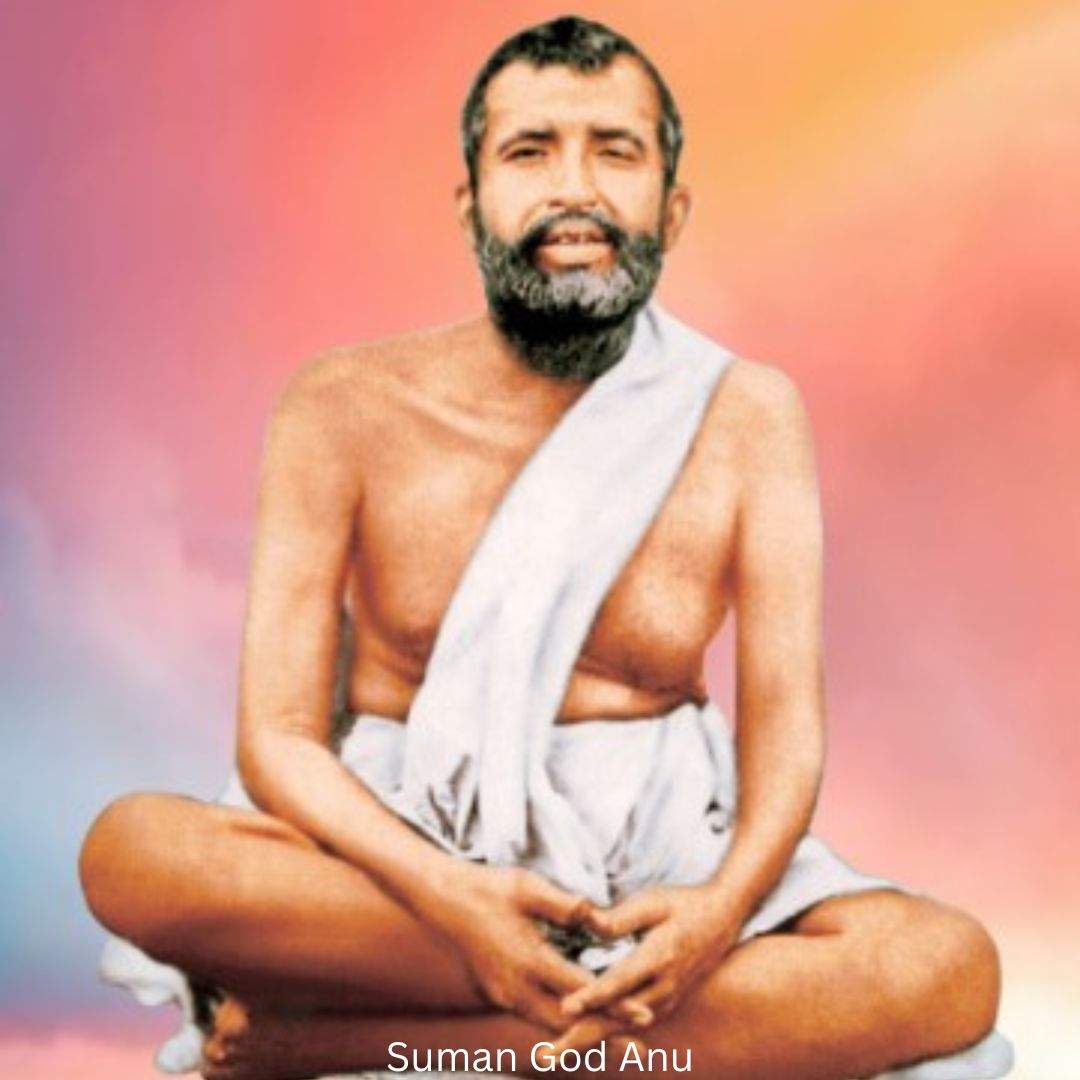
Sri Ramakrishna Paramahamsa, often referred to simply as Sri Ramakrishna, was a mystic, saint, and spiritual luminary who profoundly influenced the landscape of Indian spirituality during the 19th century. His life and teachings continue to inspire millions around the world, transcending religious boundaries and embodying the essence of spiritual realization.
Early Life and Spiritual Journey
Born Gadadhar Chattopadhyay on February 18, 1836, in the village of Kamarpukur in West Bengal, India, Ramakrishna exhibited spiritual inclinations from an early age. Despite minimal formal education, he displayed a keen interest in religious texts and practices, often absorbed in meditation and prayer.
Ramakrishna’s spiritual quest led him to explore various paths and traditions, including Vaishnavism, Tantra, and Advaita Vedanta. He underwent intense spiritual experiences and visions, eventually dedicating himself to the pursuit of God-realization under the guidance of various gurus and through his own direct experiences.
Meeting with Totapuri and Nirvikalpa Samadhi
A pivotal moment in Ramakrishna’s life occurred when he met the Advaita Vedanta teacher, Totapuri, who instructed him in the practice of non-dual meditation. Under Totapuri’s guidance, Ramakrishna achieved Nirvikalpa Samadhi—an experience of complete absorption in pure consciousness, devoid of all forms and distinctions. This transformative experience solidified Ramakrishna’s realization of the underlying unity of existence.

Universal Approach to Spirituality
What sets Ramakrishna apart as a spiritual figure is his inclusive and universal approach to religion. He recognized the validity of all spiritual paths, stating that they are different ways of approaching the same ultimate reality. Ramakrishna famously proclaimed, “As many faiths, so many paths,” emphasizing the universality of spiritual truths.
Influence on Vivekananda and the Ramakrishna Mission
One of Ramakrishna’s most notable disciples was Swami Vivekananda, who would later become a key figure in the introduction of Hindu philosophies to the Western world. Vivekananda was deeply influenced by Ramakrishna’s teachings and experiences, and he founded the Ramakrishna Math and Ramakrishna Mission to propagate Ramakrishna’s message of service, harmony, and spiritual realization.
Teachings and Legacy
Ramakrishna’s teachings are imbued with simplicity, purity, and a profound love for the Divine. He emphasized the importance of intense spiritual yearning (viveka) and sincere devotion (bhakti) as means to realize God. Ramakrishna’s life was a testament to the idea that spiritual realization is not confined to ascetics and renunciants but is accessible to all sincere seekers, irrespective of their backgrounds or beliefs.
Final Thoughts
Sri Ramakrishna Paramahamsa’s life and teachings continue to resonate deeply with spiritual seekers worldwide. His message of universal acceptance, direct experience of the Divine, and the harmony of religions remains relevant in an increasingly interconnected world where mutual understanding and respect are essential.
In conclusion, Sri Ramakrishna’s life exemplifies the transformative power of spiritual realization and the enduring relevance of genuine spiritual experience in a world seeking deeper meaning and connection. As we reflect on his life and legacy, may we find inspiration to embark on our own inner journeys toward truth, love, and ultimate liberation.









